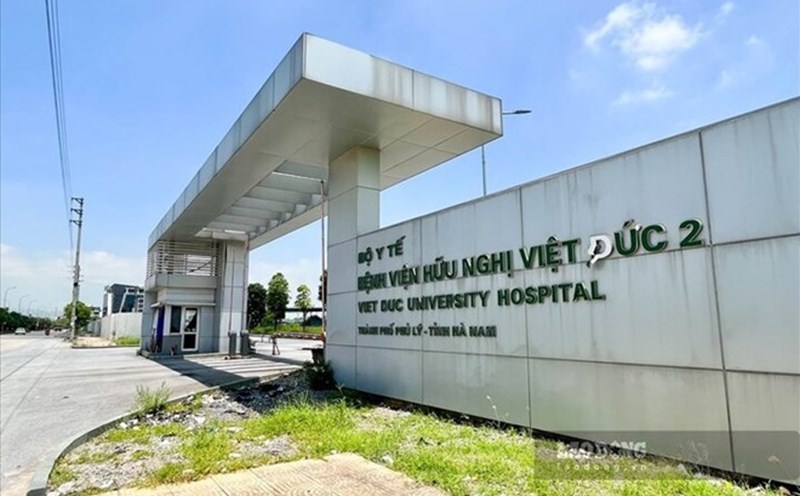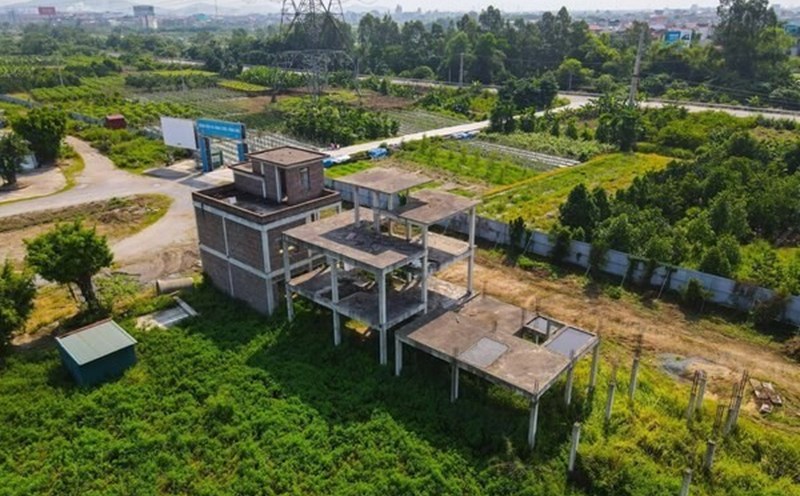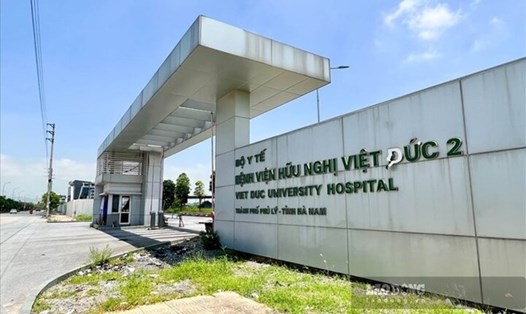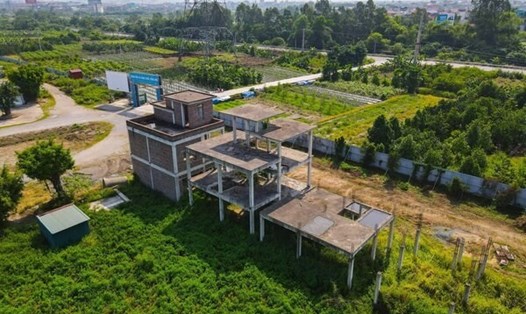On November 9, the National Assembly discussed in the hall the draft Resolution on piloting the handling of evidence and assets during the investigation, prosecution and trial of a number of criminal cases.
Delegate Nguyen Thanh Hai (Thua Thien Hue Delegation) said that law enforcement practice shows that the Criminal Procedure Code has fully and specifically regulated the order, procedures and procedural activities in each stage, which is a sharp and effective tool in the fight against crime.
However, according to the delegate, currently, some regulations on handling evidence still have many difficulties, problems, and inadequacies that need to be studied, revised, and supplemented. The reason why these regulations have not been adjusted in time is an objective necessity due to the speed of regulation, the scale of socio-economic development, and economic integration.
In particular, in recent times, under the leadership of the Party, the Central Steering Committee on preventing and combating corruption, waste and negativity has discovered and handled many particularly large corruption and economic cases of great scale and nature.
The seizure, temporary detention, and blockade amount to many thousands of billions of VND. Many real estate projects and assets such as the case of Phan Van Anh Vu (Vu Nhom), FLC, AIC, Viet A, Tan Hoang Minh...
Meanwhile, the handling of the case has to wait for the time to proceed with the proceedings for years, leading to the freezing of evidence and seized assets. This can lead to wasted resources, lost business opportunities, and loss of asset value.
In some cases, the verification and investigation process discovered that there were many cases where it was necessary to apply measures to prevent the holder of assets related to the crime from dispersing or transferring those assets, but the law does not provide for measures to temporarily suspend transactions.
Accepting the opinion, the Chief Justice of the Supreme People's Procuracy Nguyen Huy Tien said that it is necessary to expand the scope of regulation not only for cases and incidents under the Central Steering Committee on preventing and combating corruption, waste and negativity, but also to include judgments and cases under the Steering Committee on preventing and combating corruption and negativity at the provincial level.
According to the Chief Justice of the Supreme People's Procuracy, many cases are now decentralized and transferred from above. Previously, they were concentrated at the central level, but in recent years, very large cases have been resolved at the provincial level.
"The delegates raised this issue very appropriately, with great enthusiasm and responsibility so that we can free up resources. This pilot resolution stipulates measures that the litigation has not yet stipulated, and this is the policy of the General Secretary, requiring to avoid waste," said Mr. Nguyen Huy Tien.
According to this leader, waste is often very large and the damage is greater than the consequences of corruption.
"Cases, projects, real estate, and very large assets are frozen and prolonged, but current procedural regulations do not allow for handling them, so this is very painful," said the Chief Justice of the Supreme People's Procuracy.
According to the Chief Justice of the Supreme People's Procuracy, in the coming time, we will continue to research and have reports and proposals. If it is only within the scope of the Central Steering Committee on preventing and combating corruption, waste and negativity, we must urgently evaluate and soon have transformations, supplements and amendments to the Criminal Procedure Code.











